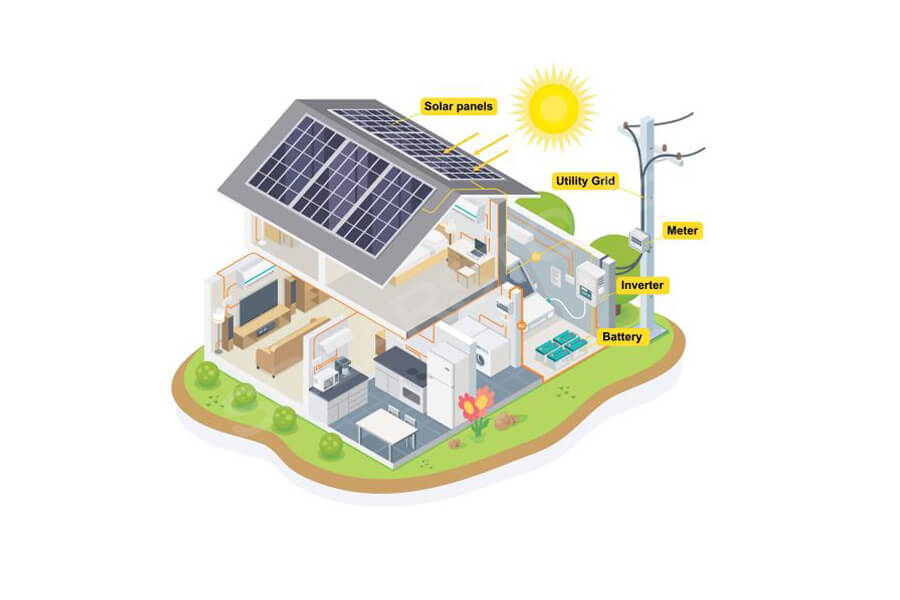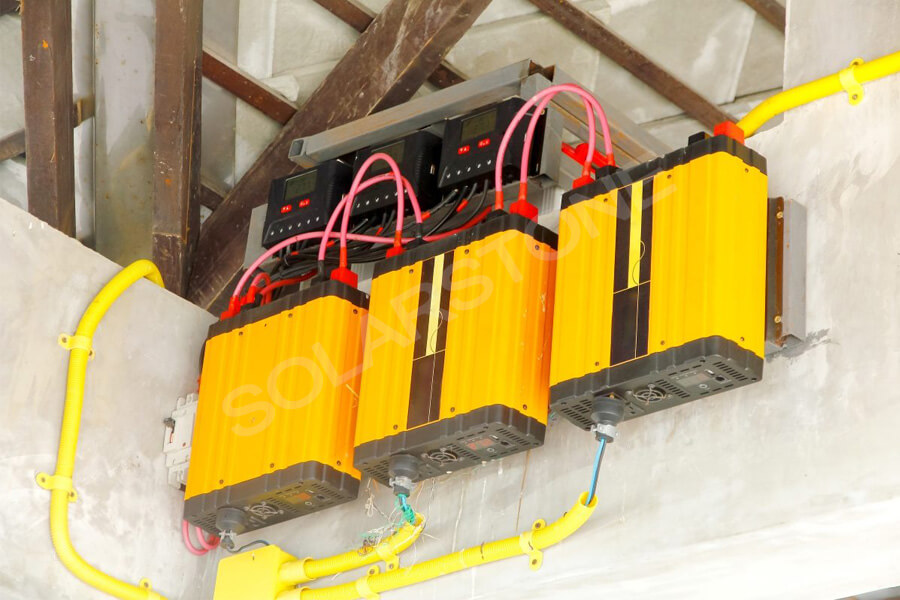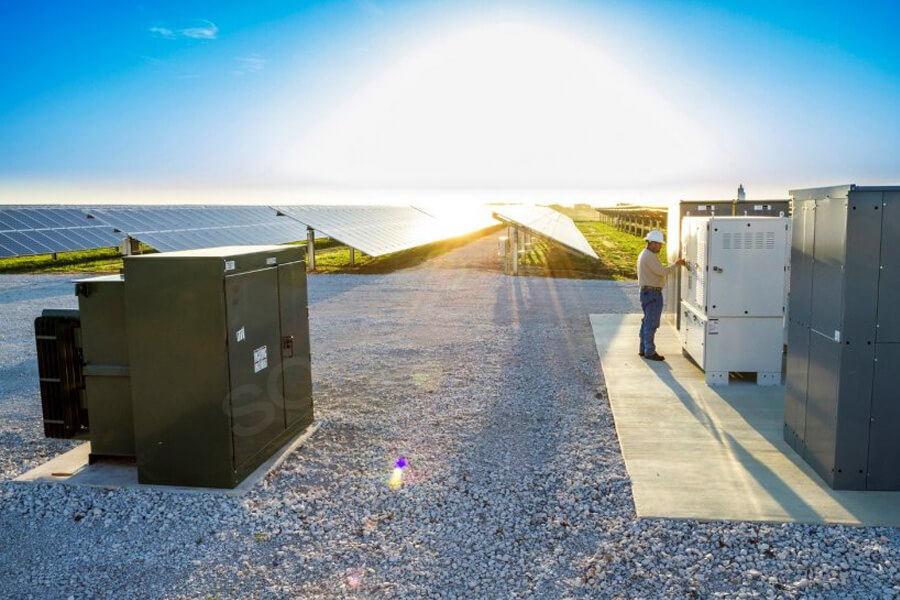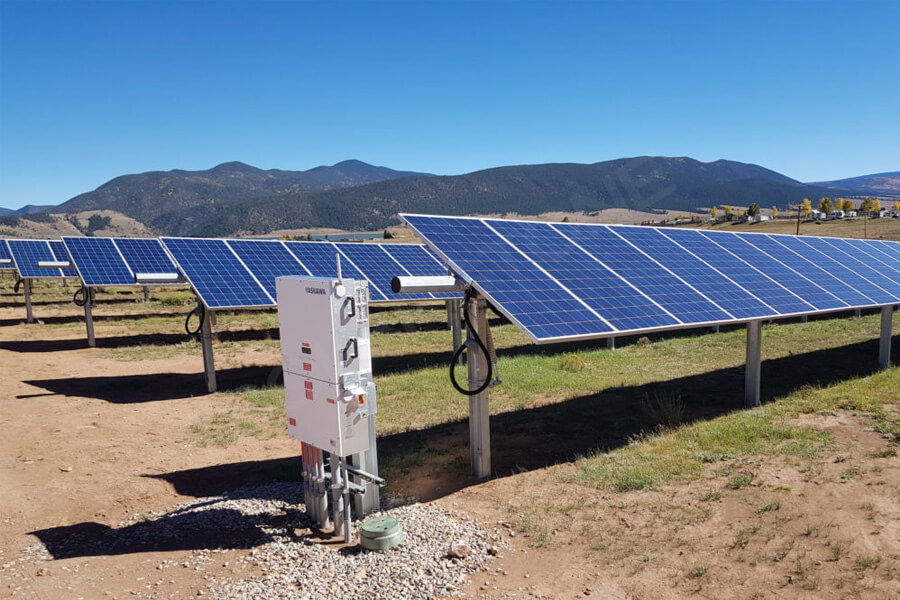Traditional solar inverters and hybrid inverters – which one do I need?
Traditional inverters are only designed for solar panels, while hybrid inverters can also control the battery system. The ideal inverter choice for household solar systems depends on your plan:
- If you only want to install solar panels and have no plans to add batteries in the future, it is recommended that you use a traditional string inverter.
- If you want a household solar system with energy storage function, you must use a hybrid inverter.
Solar cells are still very expensive, and their investment payback period may vary depending on local incentives and electricity prices. If your power supplier provides favorable net metering conditions, you can use the local power grid as your “battery” – the remaining electricity from the solar panels is sent to the grid around noon and deducted from your consumption after sunset.
However, not all power suppliers have favorable net metering conditions. Some of them only provide partial credit for the remaining generation of solar panels – for example, you may need to pay 16 cents per kilowatt hour, while exporting solar energy only pays 8 cents per kilowatt hour. Some power suppliers do not provide net metering, and all kilowatt hours sent to the grid are lost without receiving any credit.
It makes sense to combine solar panels with batteries when net metering is not available or when the grid electricity price is very low. In this case, you need a hybrid inverter to manage the energy flow of both the solar panel and the battery simultaneously. Here are some other scenarios where batteries can provide attractive investment returns:
- When your power supplier charges a time of use electricity price, it usually goes higher at night. With batteries, you can store electricity from solar panels and use it during peak demand periods – eliminating the most expensive kilowatt hours from your electricity bill.
- When your power supplier has a demand response or virtual power plant plan. In these cases, power companies will encourage solar cell owners to join their plans. For example, you may receive rewards for supplying power to the grid during peak demand periods.
If you only plan to install solar panels but consider energy storage in the future, it is recommended to use a hybrid inverter. If traditional inverters are installed, they will be forced to be replaced when increasing energy storage.
However, hybrid inverters only require the use of solar panels to operate normally, and in the future, batteries can be easily connected and configured.






